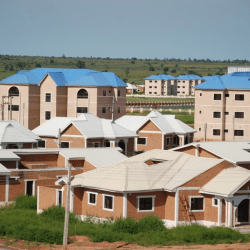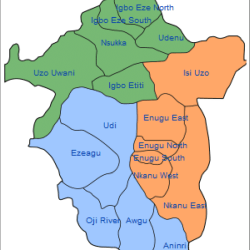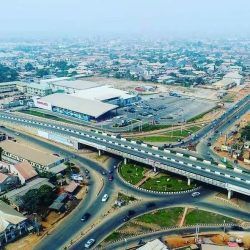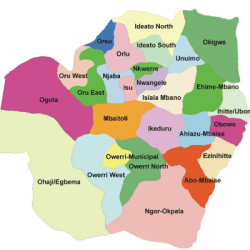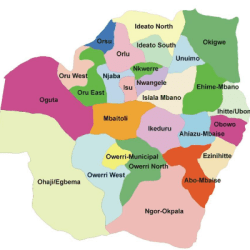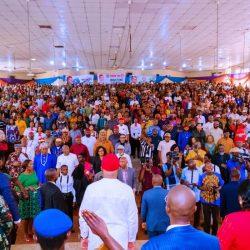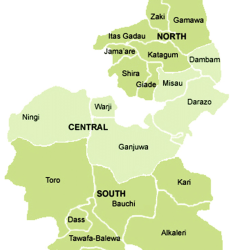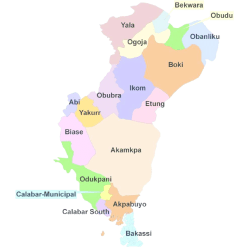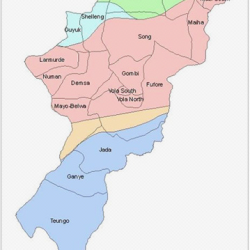The 27 local governments in Imo state are:
- Aboh Mbaise
- Ahiazu Mbaise
- Ehime Mbano
- Ezinihitte Mbaise
- Ideato North
- Ideato South
- Ihitte/Uboma
- Ikeduru
- Isiala Mbano
- Isu
- Mbaitoli
- Ngor Okpala
- Njaba
- Nkwerre
- Nwangele
- Obowo
- Oguta
- Ohaji/Egbema
- Okigwe
- Onuimo
- Orlu
- Orsu
- Oru East
- Oru West
- Owerri Municipal
- Owerri North
- Owerri West
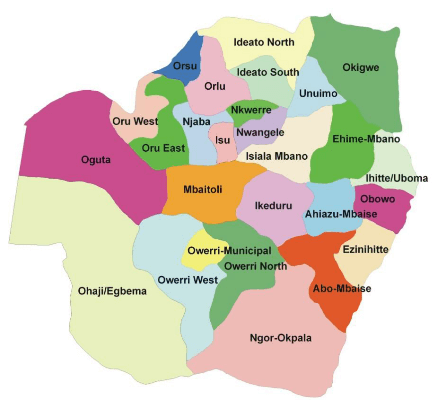
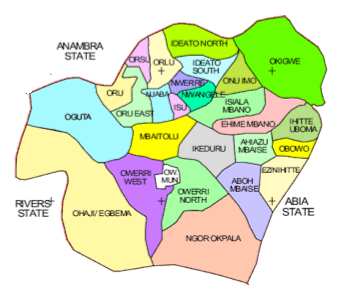

Aboh Mbaise Local Government Area in Imo State

Oru West L.G.A. Imo State

Orlu Local Government Area, Imo State

Okigwe Local Government Area, Imo State
Imo State
Imo is a state in Nigeria’s South-East geopolitical zone. It’s capital and largest city is Owerri.
The state is is bordered by Abia State on the East, River Niger and Delta State to the West, Anambra State on the North, and Rivers State to the South.
Imo state comprises mostly Igbo people of Nri and Aro Kingdoms.
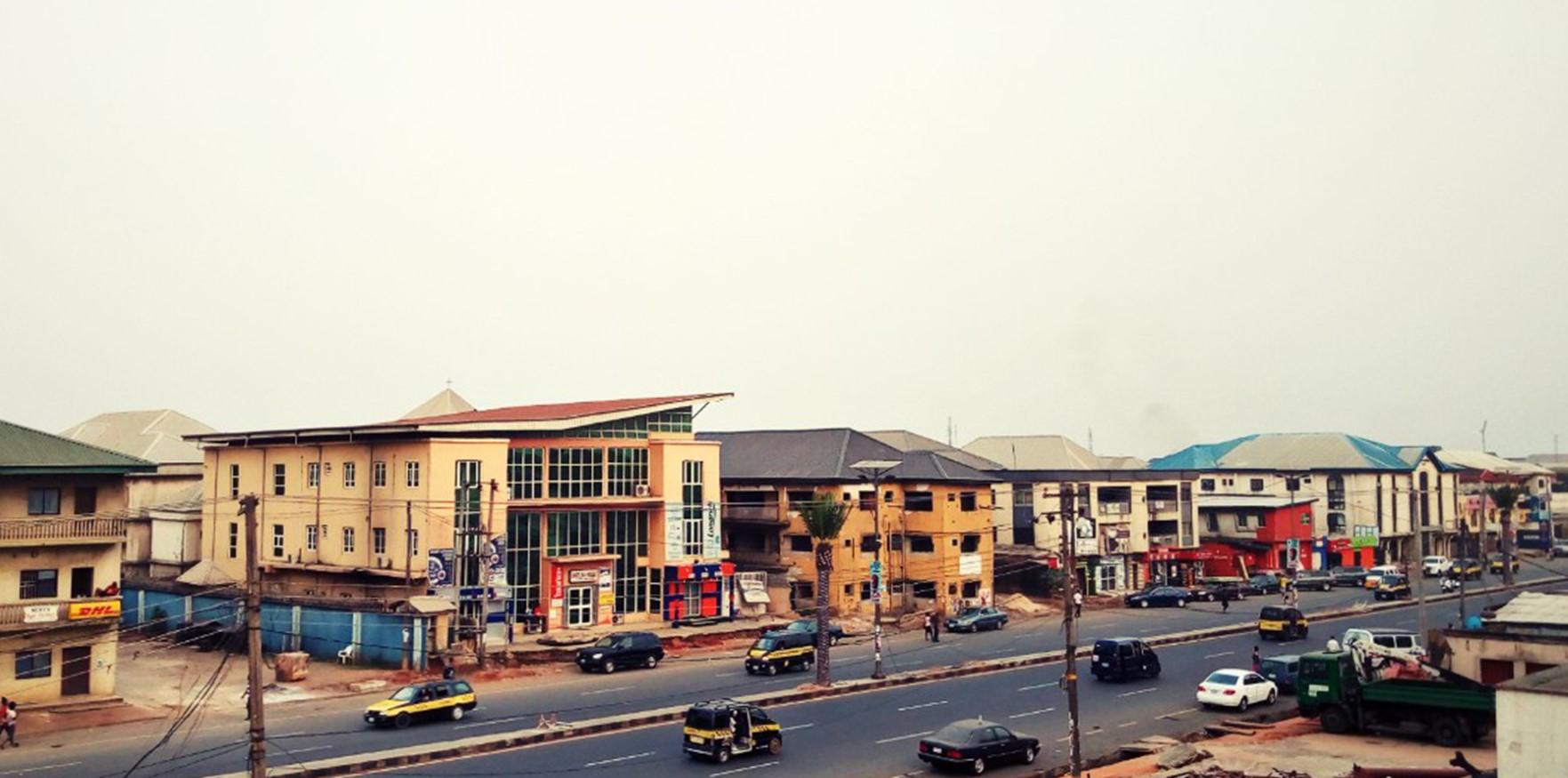


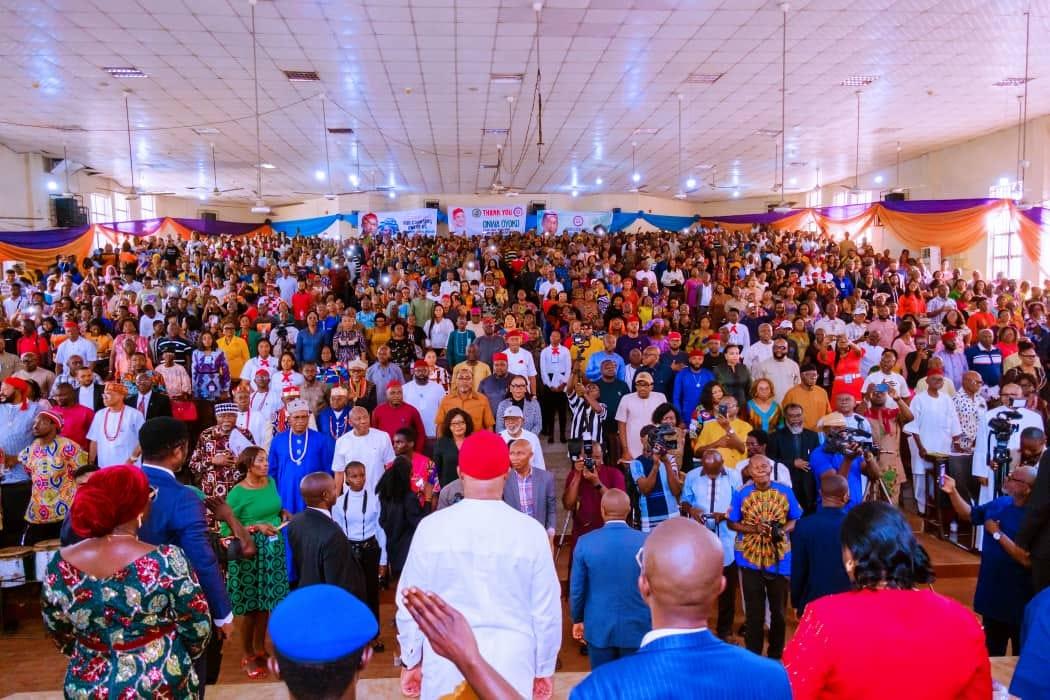
Name
Imo takes its name from the Imo River which flows along the state’s eastern border.
Nickname
The state’s nickname is: Eastern Heartland
Created
3 February 1976
Capital
Owerri
Population (2017 estimates)
4,927,563
Land area
5,530 km2 (2,140 sq mi)
Geographic coordinates
The state lies within latitudes 4°45’N and 7°15’N, and longitude 6°50’E and 7°25’E.
The State economy is dependent largely on agriculture, especially the production of palm oil.
Another key industry is the extraction of crude oil and natural gas, especially in Imo’s north and west.
The State has been beset by violence at various points throughout its history, most notably the anti-cult 1996 Otokoto Riots and the ongoing separatist violence from the Eastern Security Network along with other opportunistic nativist gunmen.
Despite unrest, with its fast growing population and industrialization, Imo State has one of the highest Human Development Index in Nigeria.
In the pre-colonial period, what is now Imo State was a part of medieval Kingdom of Nri and the later Aro Confederacy before the latter was defeated in the early 1900s by British troops in the Anglo-Aro War. After the war, the British incorporated the area into the Southern Nigeria Protectorate which later merged into British Nigeria in 1914; after the merger, Imo became a centre of anti-colonial resistance.


